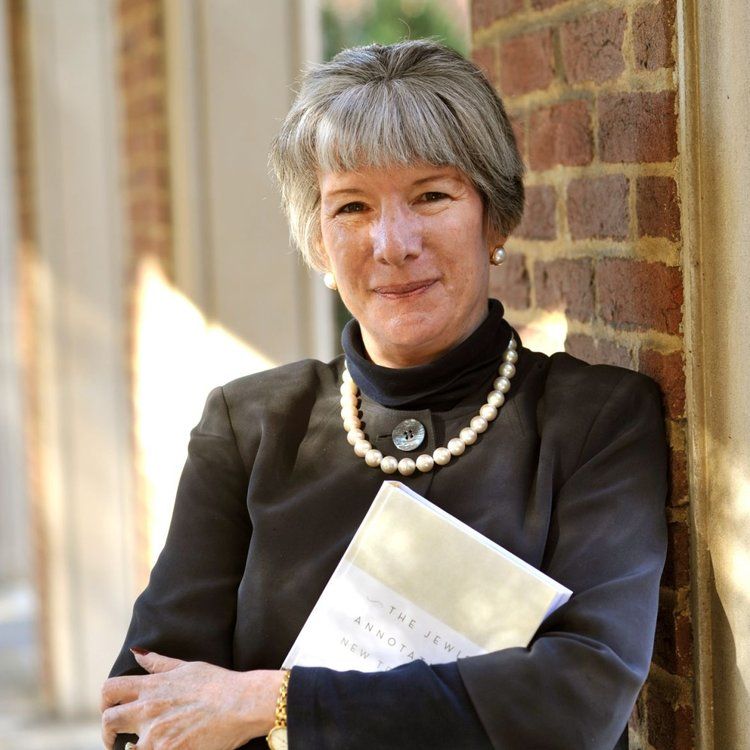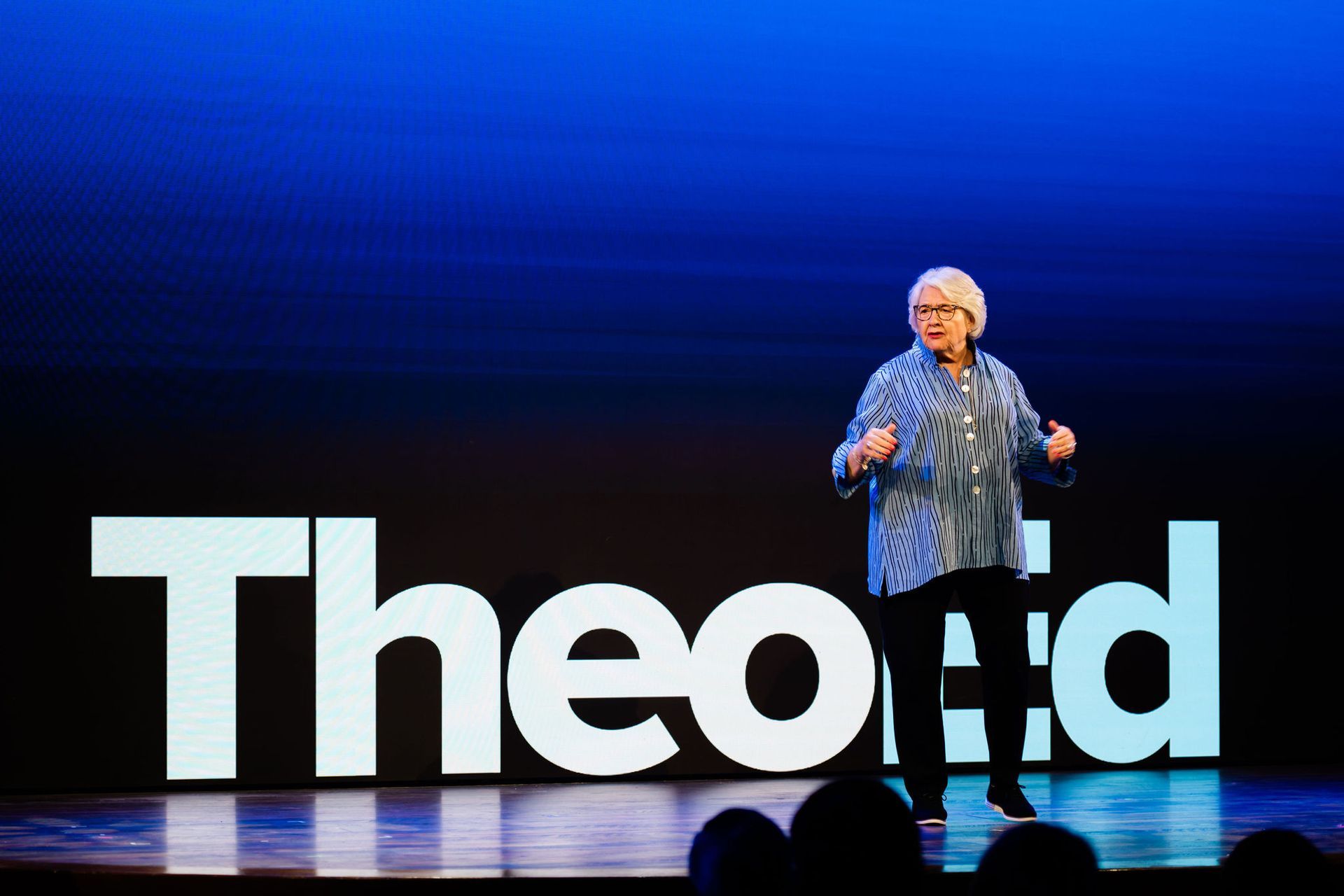Dr. Amy-Jill Levine is University Professor of New Testament and Jewish Studies, Mary Jane Werthan Professor of Jewish Studies, and Professor of New Testament Studies at Vanderbilt Divinity School and College of Arts and Science. Her books include The Misunderstood Jew: The Church and the Scandal of the Jewish Jesus; The Meaning of the Bible: What the Jewish Scriptures and the Christian Old Testament Can Teach Us (co-authored with Douglas Knight); The New Testament, Methods and Meanings (co-authored with Warren Carter), and the thirteen-volume edited Feminist Companions to the New Testament and Early Christian Writing. Her most recent volume is Short Stories by Jesus: The Enigmatic Parables of a Controversial Rabbi. She has also just written, with noted children’s book author Sandy Eisenberg Sasso, Who Counts? 100 Sheep, Ten Coins, and Two Sons (a volume on the parables of Luke 15, designed for children).
Holding the B.A. from Smith College, and the M.A. and Ph.D. from Duke University, AJ is a self-described Yankee Jewish feminist. She is a member of Congregation Sherith Israel, an Orthodox Synagogue in Nashville, although she is often quite unorthodox.






